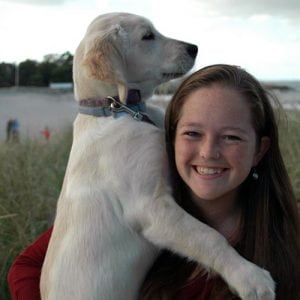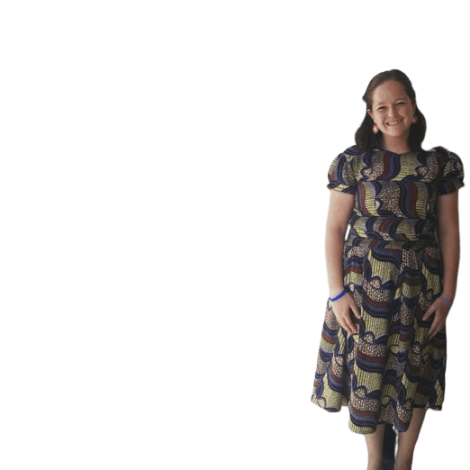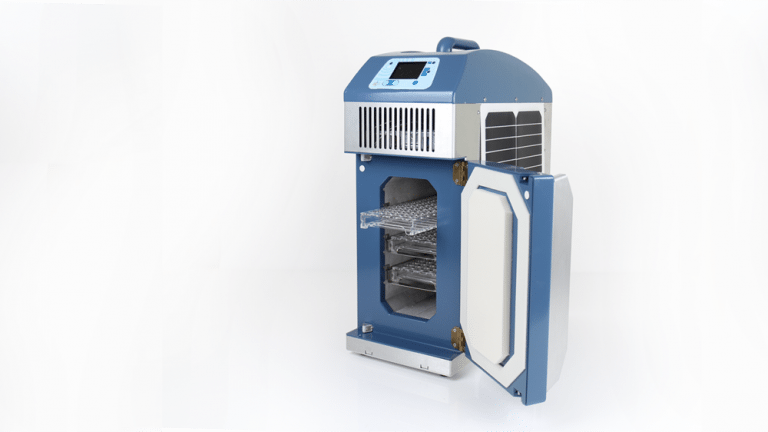 Megan Richardson is mechanical engineer early in her career who maneuvered into the global development technology field from the beginning. Before she began her Research Fellowship at Engineering for Change in 2018, Megan had deep experience in engineering for global development earned through the US Peace Corps. She had graduated from the Peace Corps Masters International program at Oregon State University, where she studied mechanical engineering and applied her education to work in Tanzania.
Megan Richardson is mechanical engineer early in her career who maneuvered into the global development technology field from the beginning. Before she began her Research Fellowship at Engineering for Change in 2018, Megan had deep experience in engineering for global development earned through the US Peace Corps. She had graduated from the Peace Corps Masters International program at Oregon State University, where she studied mechanical engineering and applied her education to work in Tanzania.
Developing Engineering Tools for Biogas and Water Distribution in Tanzania – Megan Richardson
“During my graduate studies I had the opportunity to really dive into the field of global development by living and working abroad in a small village for over two years. This period was the ultimate learning experience; through immersion I better understood how to listen and collaborate directly with community members,” Megan says.
The fellowship created an amazing network of people around that world who are all passionate about engineering for global development.
Following completion of E4C’s Research Fellowship, Megan now works within the Humanitarian Assistance and Disaster Relief Systems group at MIT Lincoln Laboratory.
“This group was created to help overcome complex, global humanitarian crises through deep problem understanding, quantitative analysis, and innovative technical solutions. Day-to-day, I work through iterative design processes to develop water and energy solutions for humanitarian relief, or I contribute to quantitative analyses to support organizations in their focusing and delivery of aid relief,” Megan says.
The Solutions Library has become a great tool for me to investigate innovate technology when I begin to brainstorm technology-driven solutions to emerging challenges.
The work as a Research Fellow helped prepare her for her current role, Megan says.
“The E4C fellowship was a great stepping stone as I transitioned from graduate research into the professional world of engineering for global development. Gaining both a broad understanding of technology for development along with a focused expertise of sanitation solutions prepared me for a role that tackles new and unexpected humanitarian engineering challenges daily,” Megan says.
E4C’s Research Fellows investigate products that meet basic needs in emerging markets and other underserved regions. We call them ‘essential technologies.’ The research results in new entries in Engineering for Change’s Solutions Library, a database of products described in standardized format for side-by-side comparison.
See the results of the Research Fellows’ investigations at Engineering for Change’s Solutions Library
The Solutions Library is designed as a tool for global development practitioners. Megan continues to use the database in her work today.
“The Solutions Library has become a great tool for me to investigate innovate technology when I begin to brainstorm technology-driven solutions to emerging challenges. In addition having contributed to the library, I’m very aware of important features and technical aspects during product design to ensure that my prototypes are designed with the specific setting of use in mind,” Megan says.
Experiences gained with the Research Fellowship remain relevant, Megan says.
“The fellowship created an amazing network of people around that world who are all passionate about engineering for global development. I continue to look forward to hearing about each of the fellows’ work and projects as they grow in their fields, and I love knowing I have a great support group as I move forward in my own career. I would strongly recommend this fellowship for those who are passionate about using their engineering backgrounds for global good,” Megan says.

